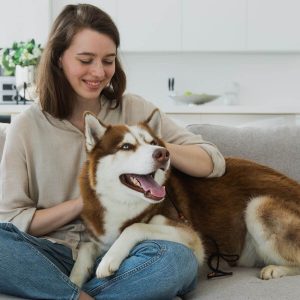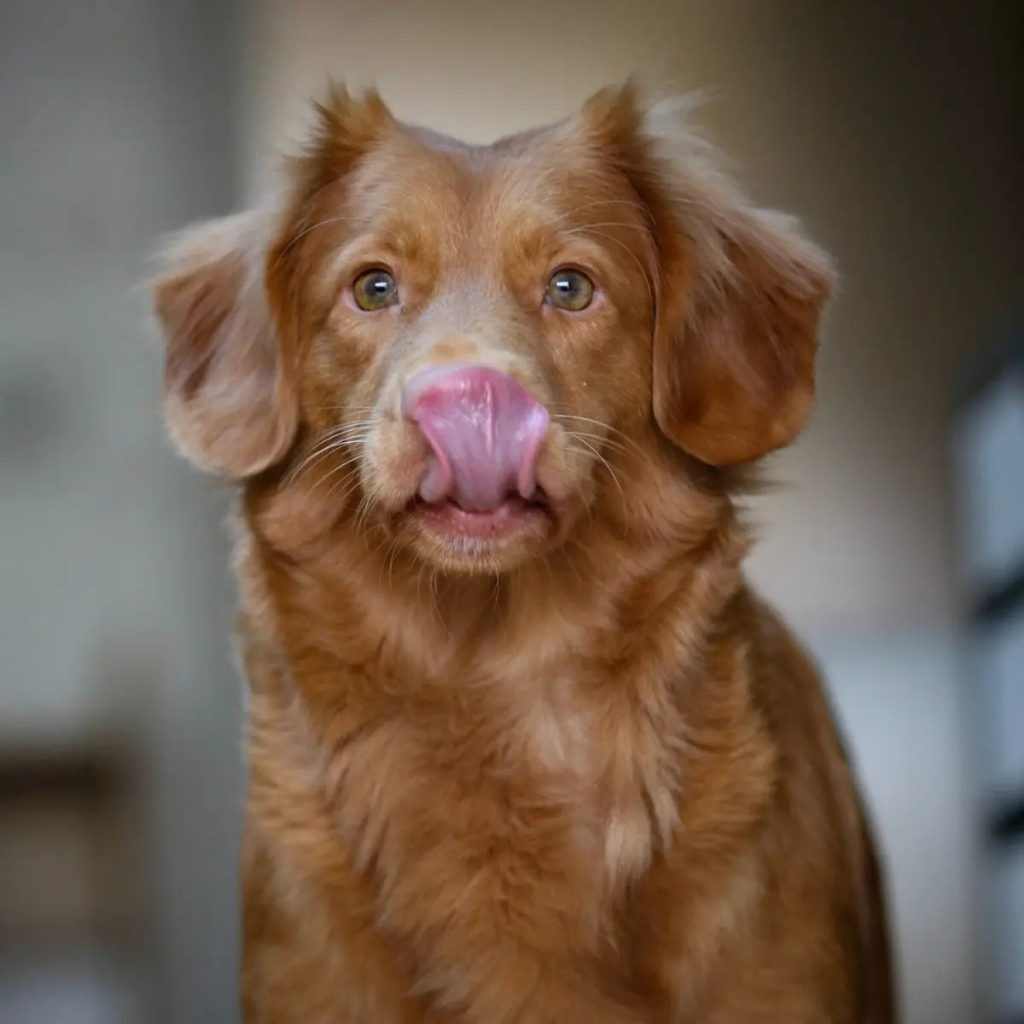
We’re becoming more and more concerned about the food we consume; its origins, health benefits and how it’s produced. But what about our own pet’s food? What about its true nutritional benefits and how it’s made? Has the time come to change what we feed our pets?
– 30% of intensively farmed animals are destined for our pets’ food bowls
– One quarter of the environmental impact of meat production comes from the pet food industry
– DID YOU KNOW… that many pet food manufacturers use laboratory animals for trials to test new pet food recipes?
GO MEAT FREE- GO CRUELTY FREE
- The loss of natural habitats to factory farming provides a major threat to the existence of wildlife, according to a University of Oxford study.
- An area twice the size of the UK is used to produce dry pet food for cats and dogs each year, according to research by the University of Edinburgh.
- Because intensely farmed animals are hidden from us, we don’t see the suffering
- It’s thought that pigs have a potentially higher level of awareness and intelligence than dogs
- ‘Is it acceptable that some animals suffer miserable lives so that the ones I prefer can eat them?,’ Dr Richard Pitcairn, founder of the Animal Natural Health Center and leading American homeopathic vet.
Our eating habits have changed dramatically over the past decade. With more awareness of our nutritional needs and the health benefits of certain foods, along with a greater concern for our food’s provenance, environmental impact and animal welfare, many of us are choosing plant-based diets or opting for a flexitarian approach. One in five of us have already reduced our meat consumption during the COVID-19 pandemic and 12 million Brits aim to be meat-free by 2021. But what about our furry family members? Do we give much thought to the origins of their food?
THE TRUTH ABOUT SOME PET FOOD
We’ve all seen the media coverage surrounding the ethical treatment of animals on factory farms, but when it comes to the reality of what goes into our own pet’s food, coverage has been pretty scant. Most of us will opt for a commercial brand pet food and stick to it, without looking too deeply into the contents, origin or animal welfare issues. There are still unpalatable practices happening in the production of some traditional pet food – from animal welfare issues to animal lab testing. The good news is there’s an increasing array of choice in pet foods, whether you opt to feed your mutt a meat-only diet, plant-only or a bit of both, with many ethical pet food brands on the scene.
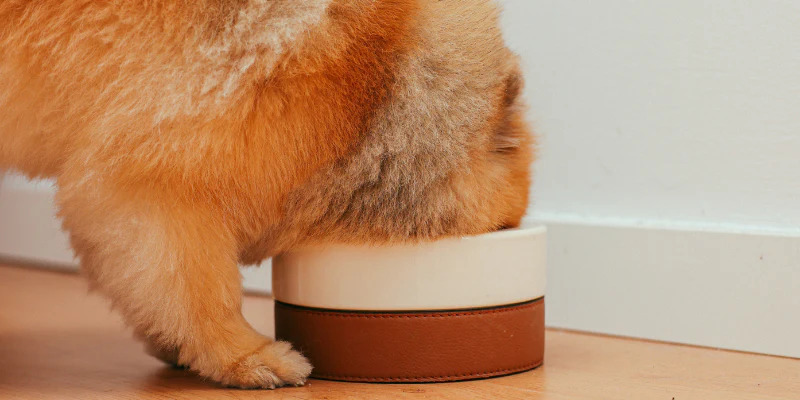
WHAT HAPPENS BEHIND THE SCENES?
It’s a common belief that meat-based pet food is made from the discarded, ‘unwanted’ meat killed for human consumption, and much of it is. But it’s estimated that around 30 percent of intensively farmed animals are produced specifically for our pets’ food bowls. The trend for raw diet pet food and foods with higher quantities of meat means that the number of animals kept in cramped conditions and slaughtered for pet food is rising. Dr Richard Pitcairn, founder of the Animal Natural Health Center and a leading American homeopathic vet, says that the meat-based pet food industry results in ‘a very great suffering for a large number of animals.’ A significant proportion of these farm animals spend their lives confined in inhumane conditions, where they’re often mistreated, subjected to invasive tests, and pumped with hormones and chemicals, often being genetically manipulated to grow larger. According to the animal rights charity PETA (People for the Ethical Treatment of Animals), on today’s farms, animals used for food are crammed by the thousands into cages. Laboratory animal testing is also used by some pet food manufacturers where cats and dogs are subjected to invasive tests for claims on their products.
YOU’LL SAVE ANIMALS
Britain is a nation of animal lovers; we shower affection on our furry family members. Lockdown also encouraged many of us to appreciate the natural world around us more and enjoy the privilege of seeing the precious wildlife in our gardens and parks, with many of us feeding wildlife. But concerns for the welfare of our intensely farmed animals is often sadly forgotten – because they’re hidden from sight, we don’t see the suffering. There’s less awareness and information specifically relating to the pet food manufacturing process compared to human food. The origins of the meat-based pet food many of us feed our dogs is blurred, so it’s more difficult to relate to the actual animals that may have gone in to making that food. As a result, we can feel less morally conflicted.
Today, most scientists agree that all vertebrate animals — mammals, birds, reptiles, amphibians and fish — are, to varying degrees, sentient. Studies suggest farm animals exhibit the same, if not more, intelligence and depth of emotion as dogs. Pigs can recognise themselves in mirrors from a very young age, indicating a potentially higher level of awareness and intelligence than dogs, whilst the natural affection exhibited by chickens, both for other chickens and for humans – demonstrates strong levels of emotion.
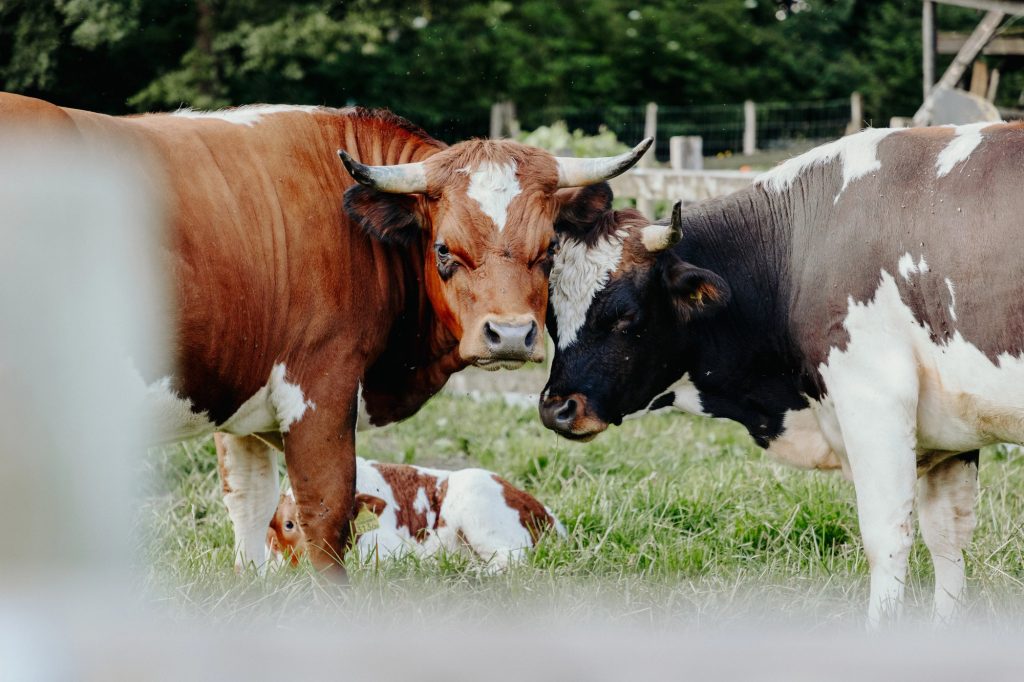
YOU’LL HELP INCREASE BIODIVERSITY
Worldwide, thousands of acres of rich, natural habitat are cleared every year to make way for more intensive farming to meet the increased demand for human and pet food. Given the high proportion of factory farms that supply meat-based pet food companies, the displacement of ecosystems is arguably as attributable to our pets’ diets as it is to our own. So, it’s not just the animals on farms that are impacted, but the thousands of species potentially affected by loss of habitat. According to a University of Oxford study, the loss of natural habitats to factory farming provides a major threat to the existence of wildlife. An area twice the size of the UK is used to produce dry pet food for dogs and cats each year, according to research carried out by the University of Edinburgh into the global environmental impact of pet food production.

THINKING OF MAKING THE SWITCH?
Whether you choose to go flexi or adopt a fully plant-based diet, you and your dog will help save other animals lives, without impacting your beloved pets’ health. It’s not just meat- free, it’s cruelty-free, which is why an increasing number of vets and pet owners advocate strongly for plant-based pet food. As Dr Pitcairn says: ‘Is it acceptable that some animals suffer miserable lives so that the ones I prefer can…eat them?’
If we continue to feed our dogs predominantly meat-based diets, then as the pet population grows, so too will the number of animals that need to live and die to feed our pets.
You may want to introduce some plant- based foods to your dog’s diet gradually with a flexitarian approach – still feeding some meat-based food – and then transition to a fully plant-based diet. It’s important to remember that any canine diet must be nutritionally complete and balanced, comprising the recommended levels of fats, protein, carbohydrates and other macronutrients and amino acids recommended by canine nutrition experts. These macronutrients can all be sourced exclusively from plants.
Scientific evidence shows that plant-based foods can provide all the nutrients, vitamins, minerals and antioxidants that dogs need, whilst offering a clean, transparent and sustainable alternative to meat-based diets. And it’s never been easier to make the transition.
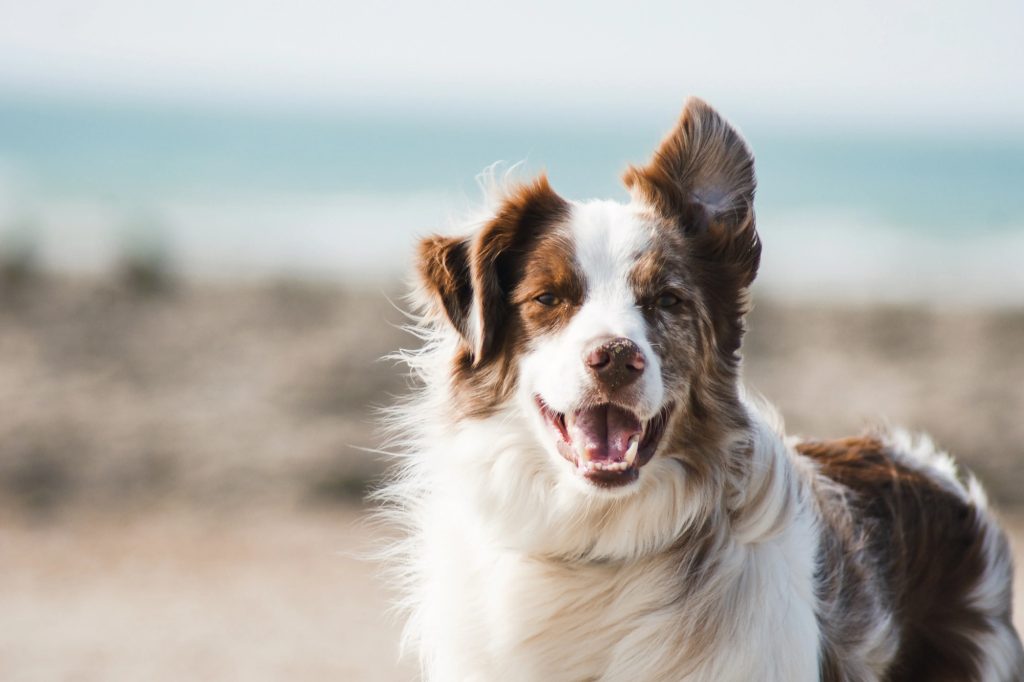
THE HOWND PROMISE
HOWND creates products that help keep dogs happy and healthy for life, while encouraging others to live a planet-kind, cruelty-free lifestyle. We believe the world would be a better place if more people embraced the power of plants.
Our products are kind to our precious planet and the animals that inhabit it. That’s why dogs and their humans love HOWND.
We are convinced that dogs can thrive without compromising the welfare of other animals. Since day one, HOWND pet care has been certified by Cruelty-Free International and is accredited by The Vegetarian (Vegan) Society, PETA Cruelty-Free and The Ethical Company Organisation.
www.dogslovehownd.com

